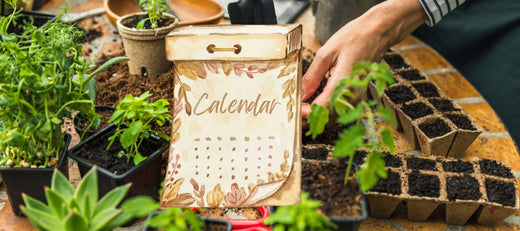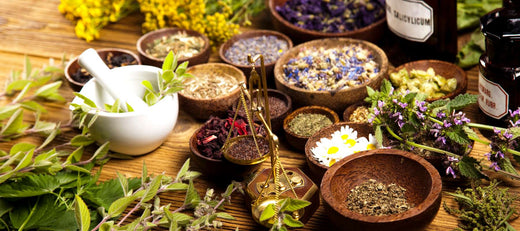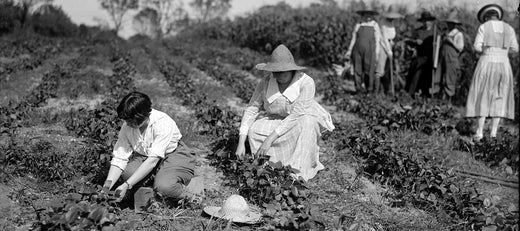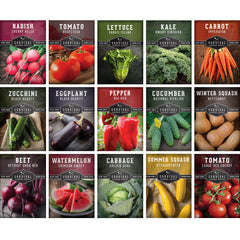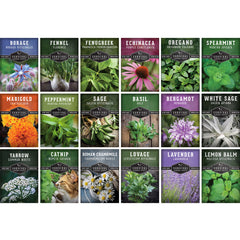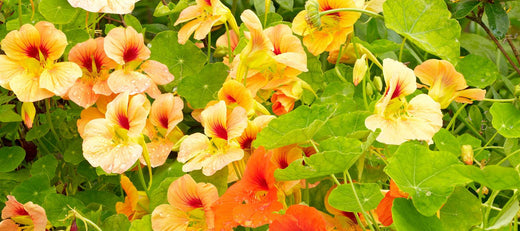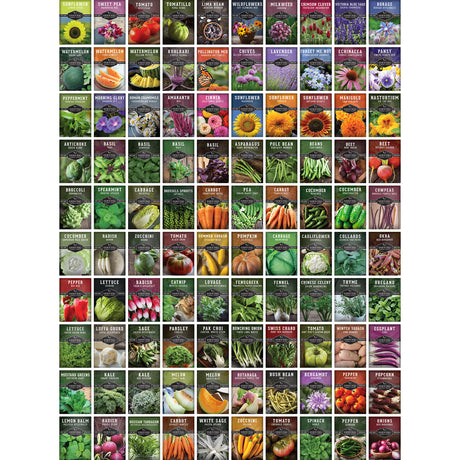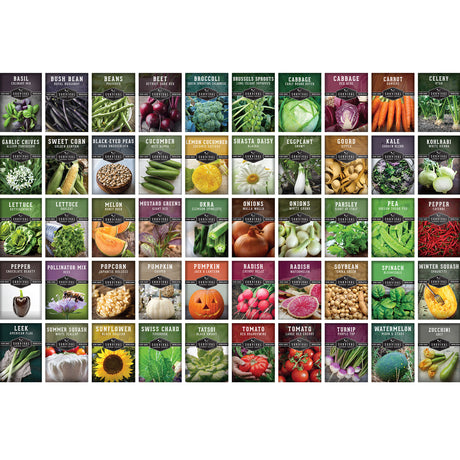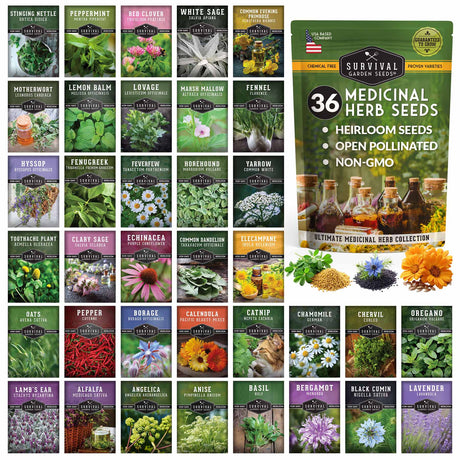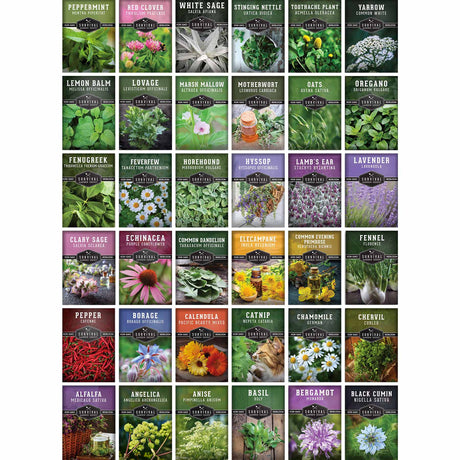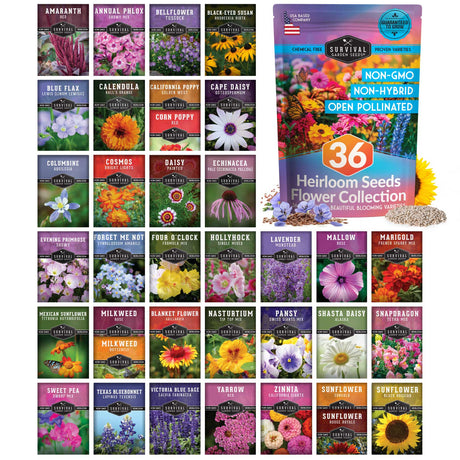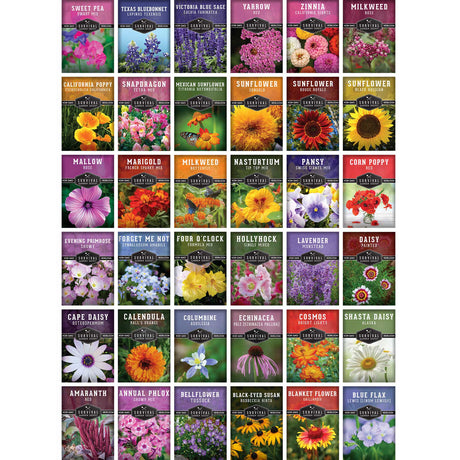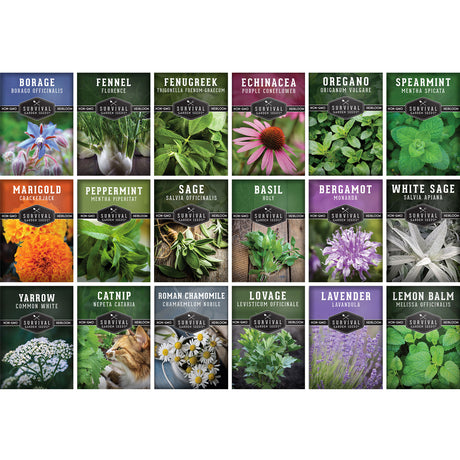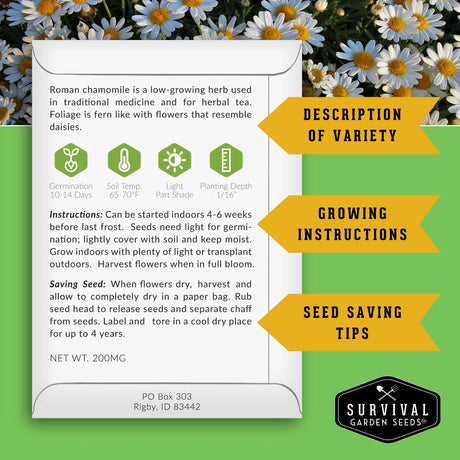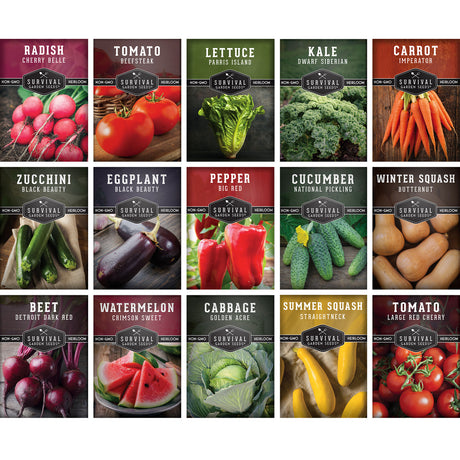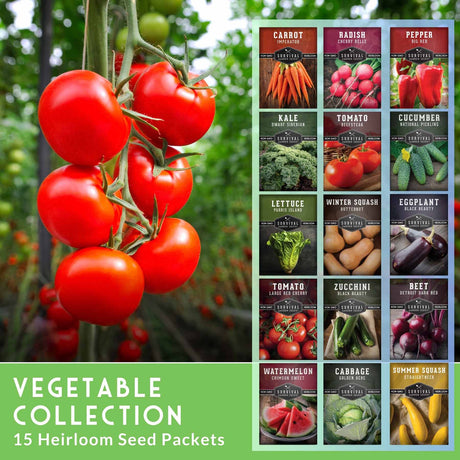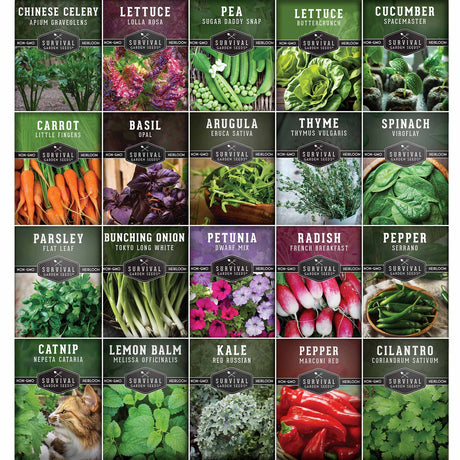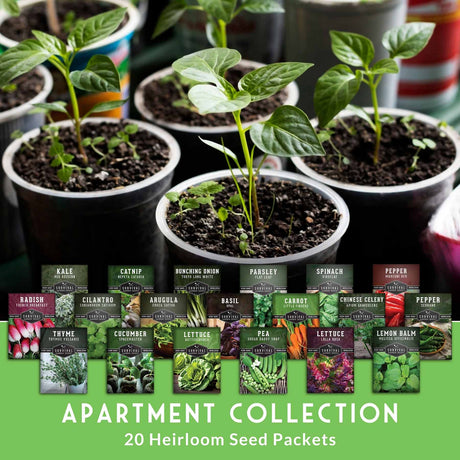We’ve talked a lot about getting your vegetable garden started this Spring, but April is also an ideal time to get your flowers started. We love flowers for the beauty they bring to the environment, but they are also an important component of a healthy garden. Flowers attract pollinators that are necessary for some of our favorite vegetables to be able to produce fruit and there are lots of flowers that are edible too. Here are just some of the plants and flowers that you can start in April.
Nasturtiums & Marigolds

April is a great time to start your nasturtiums and marigolds indoors where it’s warm for transplanting after the danger of frost is past. Once the weather has warmed up a bit, transplant some nasturtiums or marigolds into your vegetable garden near your cabbages, cucumbers, broccoli, cauliflower, and kale to keep the pests away from your veggies.
Both flowers are edible. Nasturtium blossoms also add a peppery flavor when added to your salads or as a garnish. Marigold blooms are said to have a citrusy flavor.
Petunias
If you love flowing baskets of petunias in the Summer, April is when you should start some petunia seeds indoors. Petunias like warmth for germination so a heated seed mat will come in handy. Sow petunia seeds on the surface of your seed starting mix, just press the seeds lightly into the mix without covering. Be sure to keep the seed mix evenly moist since the exposed seeds can dry out. Transplant once the seedlings have 2 sets of true leaves.
Zinnias

Zinnias are some of the most beginner-friendly flowers any gardener can grow. They make beautiful cut flowers, plus wildlife including birds, bees, and butterflies love their bright colors. Although easy to grow, remember that they don’t like their roots to be disturbed and do not grow well when the nights are cold. Otherwise, they’re not too finicky at all. Depending on your hardiness zone, you may need to wait until later in April or even May to direct sow outside, or you can start them in seed trays with individual modules so that you won’t have to damage the roots of plants during transplanting.
Sunflowers
Sunflowers are hardy annual flowering plants that can be sown directly outdoors once the soil has warmed to at least 50 degrees Fahrenheit. Sow the seeds about 1 inch deep and 6 inches apart. Sunflowers make excellent garden borders and can also be used to provide shade for less heat-tolerant plants. Many varieties of sunflowers produce an abundance of seeds that can feed both wildlife and your family.
Mexican Sunflowers (Tithonia rotundifolia) aren’t true sunflowers, despite the name. These wildflowers produce giant bushy plants with an abundance of orange blossoms. They can also be planted outdoors in April in a similar fashion to other sunflower seeds.
Wildflowers

April is a perfect time to sow your wildflower seeds. Seeds like poppies, milkweed, asters, coneflower, cosmos, and others can be sown in the fall, but they will also grow if sown in the early spring. Many wildflower seeds need to think they’ve gone through Winter in order to germinate. Sowing these seeds while the weather is still cool will help them sprout. You can also use a process of cold stratification to enhance germination.
Other Plants
As for the rest of your garden, you’ll want to start your tomatoes, peppers, and eggplant seeds indoors in April. You can sow things like brassicas (brussels sprouts, broccoli, kale), alliums (chives, leeks, onions), and annuals like rhubarb and asparagus directly outside.
In the gardening world, April is when the season really begins. Now is the time to put all your garden planning and soil preparation to work and truly start to see your garden begin to grow.


